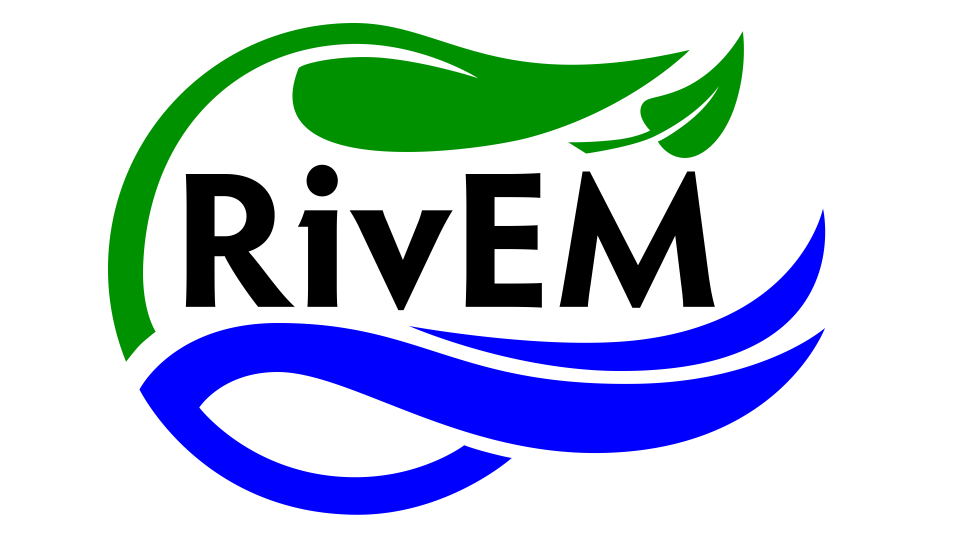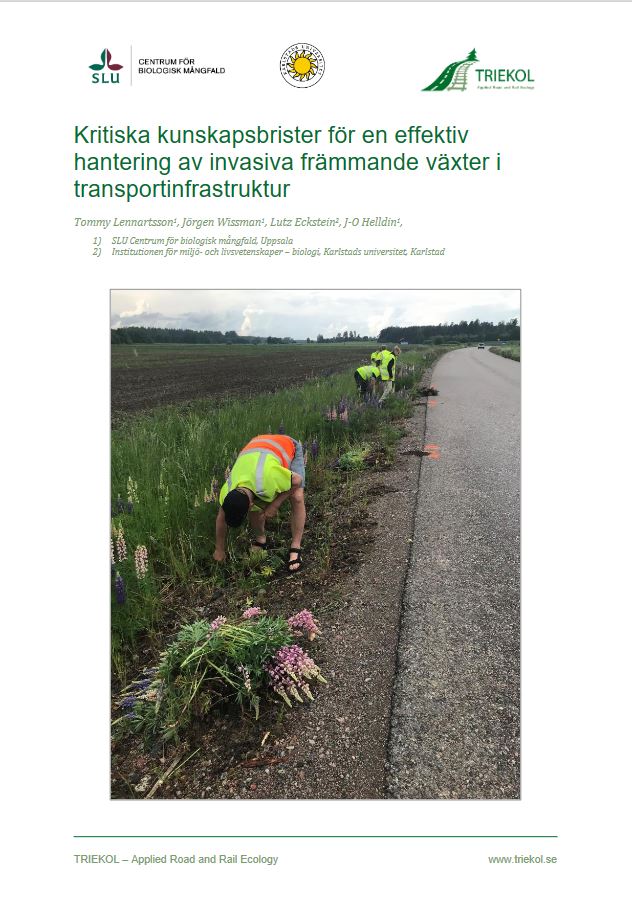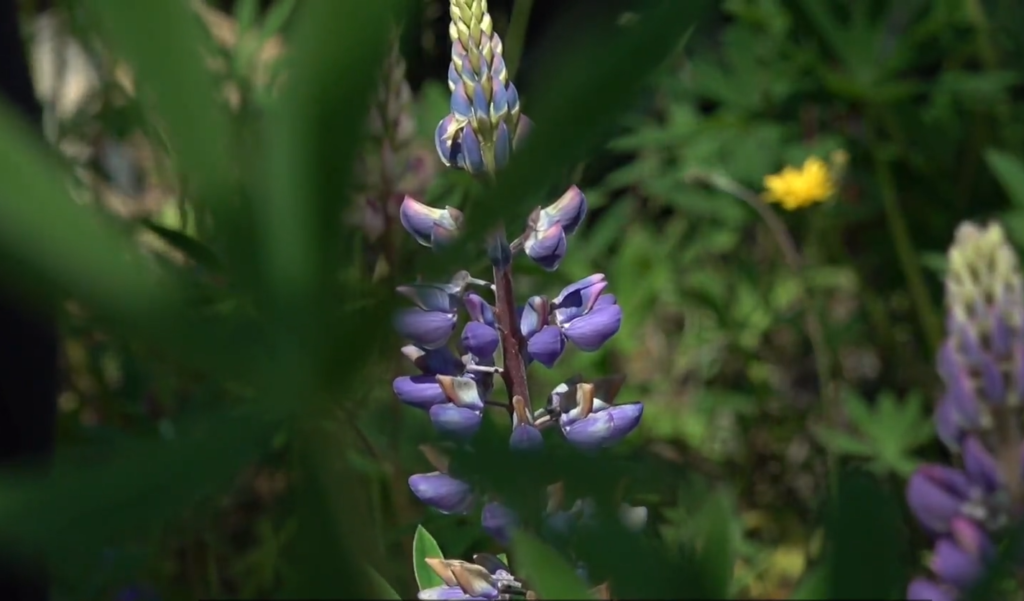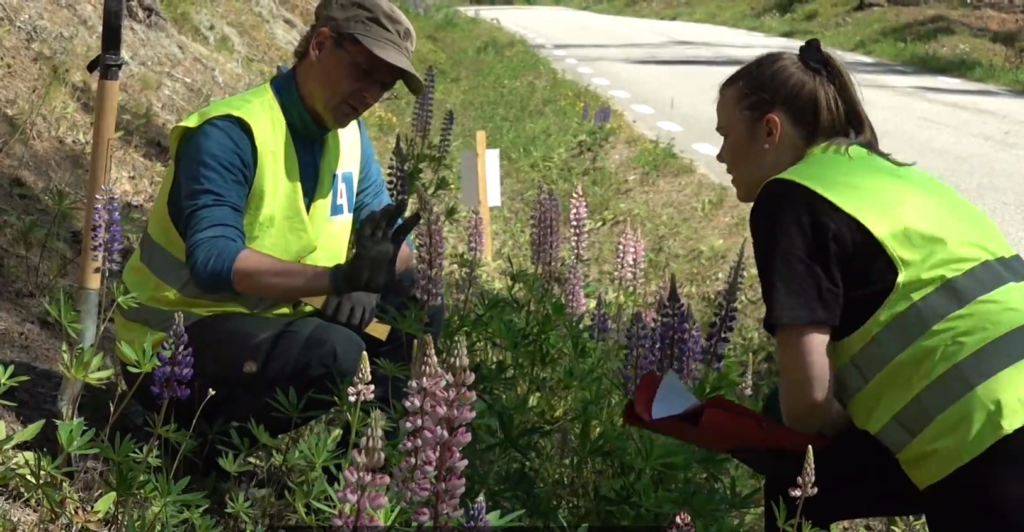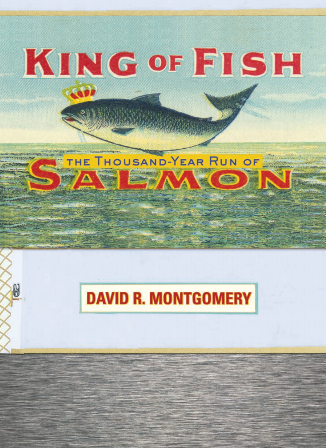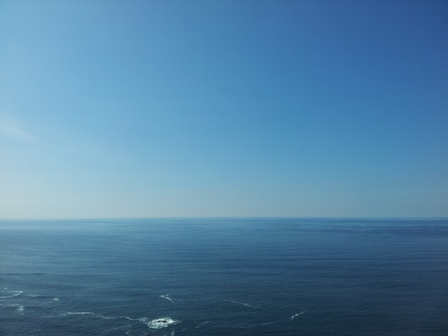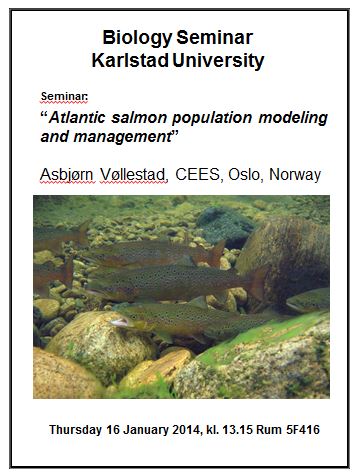TRIEKOL report: Critical knowledge gaps for efficient management of invasive alien plants near transport infrastructure
Posted by Louis Addo | Invasive speciesProfessor Lutz Eckstein is involved in a new report led by Tommy Lennartsson (SLU) and co-authored by Jörgen Wissman and Jan Olof Helldin (SLU), published by TRIEKOL, a group of scientists dedicated to applied rail and road ecology.
The report summarizes the role of invasive alien plants (IAP) in the context of infrastructure habitats, focusing on the importance of research for the development of measures for the management and monitoring of invasive species. It elaborates on three problem complexes with IAP:
(A) Effects of IAP on biological diversity and the possibility to reach the Swedish environmental objectives;
(B) The role of the organization and activities of the Swedish Transport Administration and of community valuations, laws and rules for the work with IAP; and
(C) The development and evaluation of measures for control of IAP. For each problem complex, a number of specific questions are formulated highlighting critical knowledge gaps that need to be addressed by scientists.
Download the report here: https://triekol.se/project/kunskapsbrister-invasiver/.
